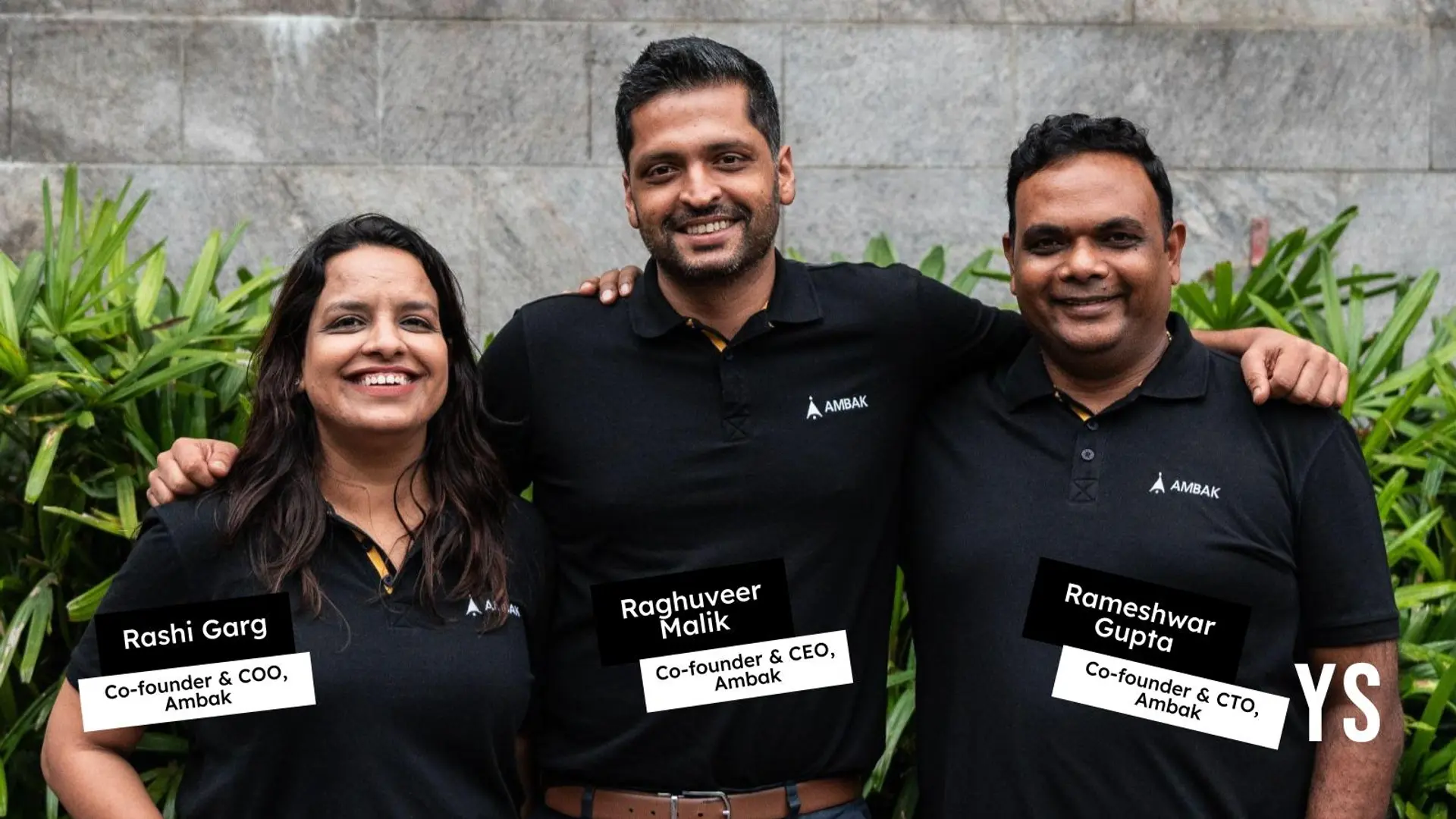Closing the loop: why we need to ensure urban organic waste reaches local farms
Composting food waste will reduce the load on landfills, build resistance to drought, augment production for farmers and lead to a decrease in carbon emissions.

In February 2016, the Ministry of Chemicals and Fertilisers, Government of India, in an official memorandum announced the approval of the policy on promotion of city compost.
The policy’s salient features included market development assistance for city compost to scale up production, market and promotion of city compost through existing fertilizer companies, adoption of villages to promote city compost, the use of city compost by government departments and public sector undertakings, IEC campaigns to educate farmers on the benefits of city compost, and the development of BIS standard/Eco Mark among the others.
In the same year, the government notified the Solid Waste Management Rules 2016 which mandated the Department of Fertilisers, Ministry of Chemicals and Fertilisers, to provide market development assistance on city compost and ensure promotion of co-marketing of compost with chemical fertilisers. It mandated the Ministry of Agriculture to propagate utlisation of compost on farm land.
What’s the scene in Bangalore?
Bangalore has made the right moves on paper with a push for decentralised waste management.
Early on in 2012, the Karnataka High Court delivered a progressive judgment, directing the Bruhat Bengaluru Mahanagara Palike (BBMP) to collect segregated waste at source and transport to composting and recycling units. The court also elucidated the benefits of decentralisation over landfills.
Earlier this year, the Karnataka State Agricultural Department proposed building decentralised compost pickup points, for city compost from urban organic waste. Correspondingly, the State Government announced the Karnataka Organic Farming Policy 2017, a revised version of the 2004 policy.
Though the policy does touch upon the need for conservation and management of soil and water, it does not explicitly detail the use of urban organic waste to compost. Nevertheless, it is a step in the direct direction.
Minister of Agriculture for State Krishna Byre Gowda in a press address mentioned that farmers could place bulk orders for compost at Raitha Samparka Kendras and that compost would be sold at a subsidised cost of Rs 800 per tonne, including the cost of transportation.
More than just trash
Given that Bangalore generates over 5,000 tons of waste daily, and that 60 percent of the waste is organic, the potential to halve the problem of waste to landfill is enormous.
The need of the hour is to accelerate separate stream collection in the strictest sense. Some wards like HSR Layout, Yelankha, in Bangalore have been able to abide by the three-way segregation rule using the 2bin1bag approach and active citizen participation.
San Francisco's mandatory composting law has turned food waste into profit, reduced load on landfills, built resistance to drought, increased production for farmers and led to a decrease in carbon emissions.
A move to compost food waste would mean closing the loop – from a linear system of food to waste to a circular system of food to food.
Food waste or organic waste must be treated as a resource with regenerative power and a return on investment, saving money on transportation to centralised places accepting mixed waste.
Mixed waste processing is a proven recipe for disaster. The process is cumbersome, expensive and counterproductive. It’s cumbersome as it includes long distance travel to dump waste in someone else’s backyard. Man-made hill-like structures are a sitting time bomb as evidenced from the Deonar Landfill mishap in Mumbai. Landfills are the fourth largest generators of manmade greenhouse gases, which are about 28 times more potent than carbon dioxide in trapping heat in the atmosphere. Compost generated from mixed waste processing is known to lead to poor productivity of crops. The leachate generated from mixed waste contaminates water bodies.
Going full circle - food to food
On the other hand, clean segregated organic waste has multiple benefits and has been documented widely – a direct benefit by composting segregated organic waste is cutting harmful methane emissions. The black gold so generated by composting food waste also helps in conserving topsoil and increases water holding capacity.
The way forward
A composting revolution - no food waste to landfill - should become the mantra. It’s time to demand effective implementation of policies, join the citizens’ movement and learn from neighbourhoods that have managed to bring in a system for three-way segregation of waste. Support the Greenpeace Campaign of Waste to Food for a sustainable, smart and healthy city. Or join your neighborhood Composting Santhes co organised by the BBMP and citizens group. Get involved!
Disclaimer: The views and opinions expressed in this article are those of the author and do not necessarily reflect the views of YourStory.







